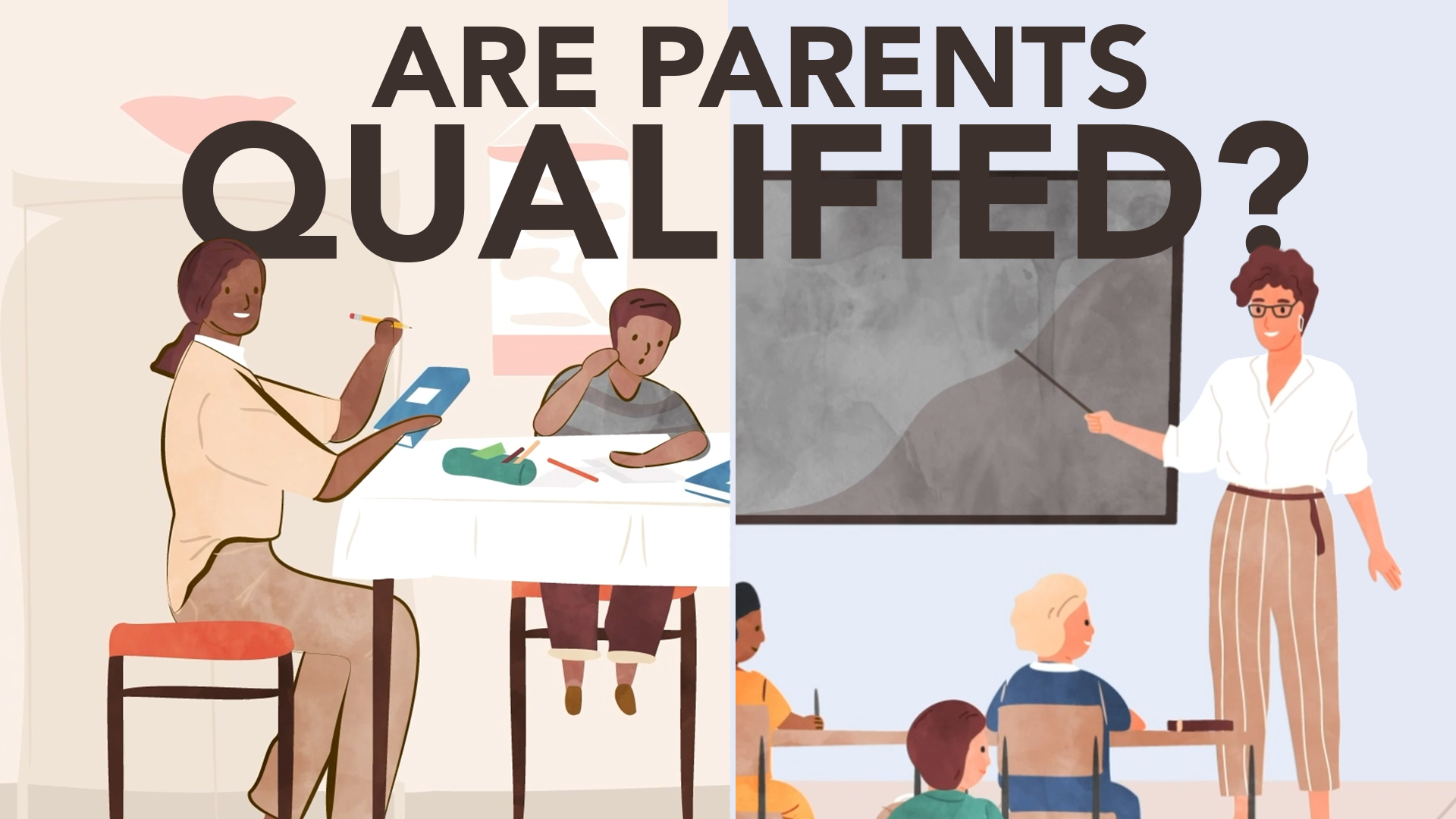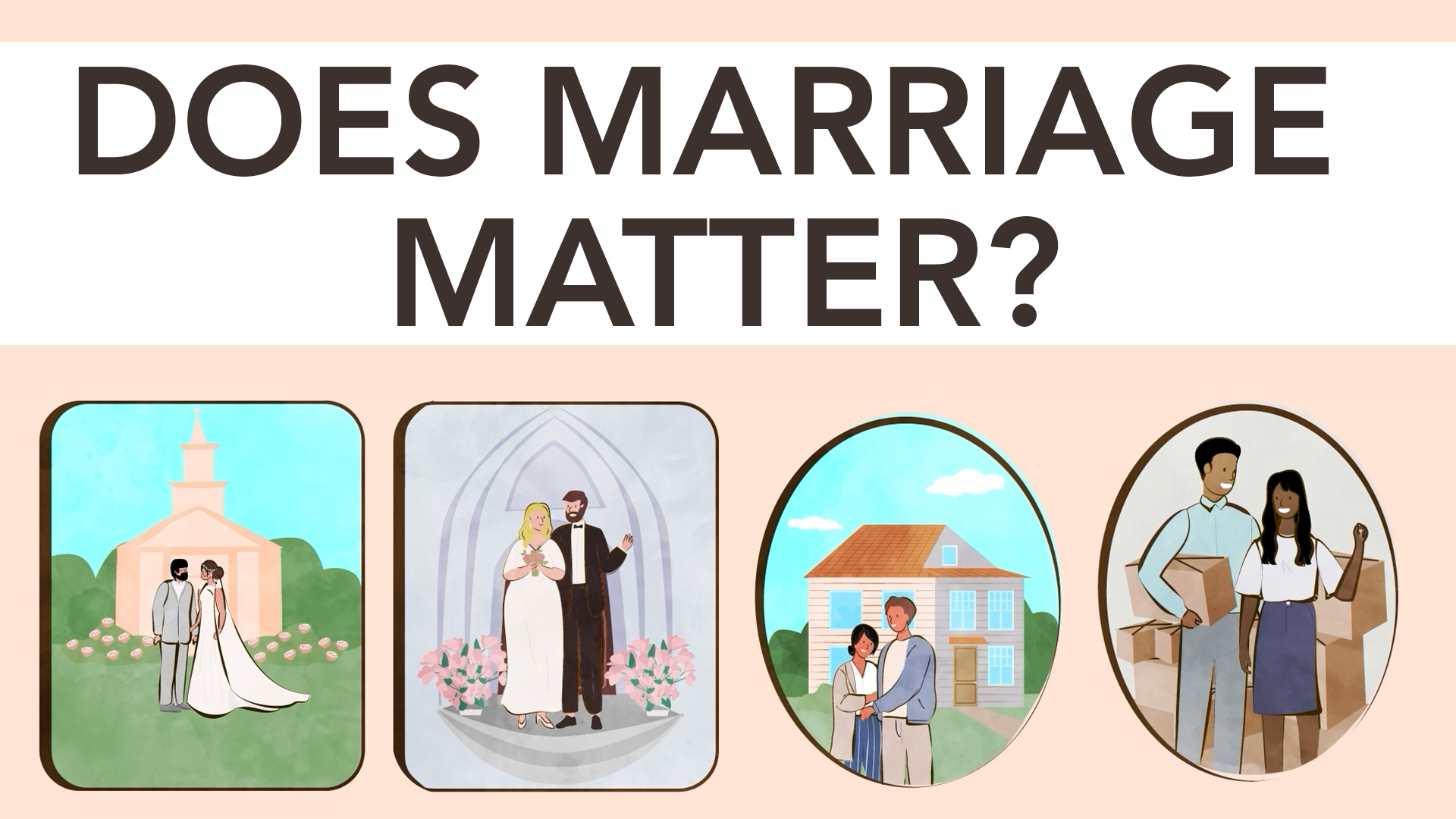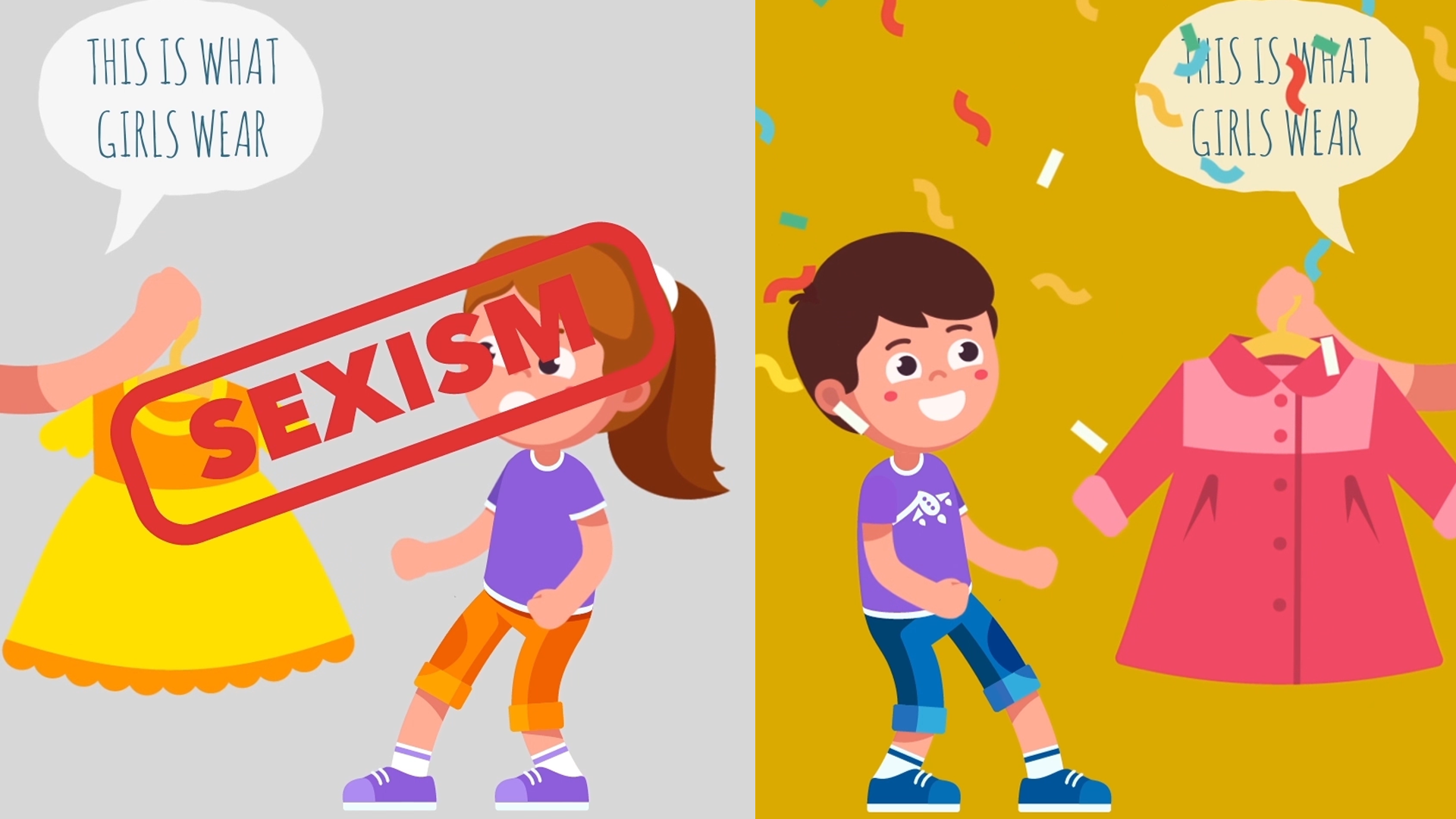4 min read
Happily Divorced vs. Unhappily Married – Which is Better for Kids?
Katy Faust Jul 7, 2021 4:00:06 AM
You’re in a conversation and someone says, “Children are better off with happy divorced parents than they are with parents in an unhappy marriage.”
What would you say?
In headlines about a celebrity divorce or in conversations with friends in struggling marriages, we often hear that it will be better for kids if their unhappy parents get a divorce. In fact, that line was common in arguing for no-fault divorce laws.
But is it true?
No, and here are 3 reasons why:
1. Kids don’t just “get over” divorce.
2. For kids, two homes are not better than one.
3. If couples persevere, unhappy marriages often become happy marriages.
Thanks to Katy Faust for her contributions to this video. Katy is the Founder and Director of the children’s rights organization, Them Before Us. You can learn more by visiting thembeforeus.com.
You're in a conversation and someone says, "Children are better off with happy divorced parents than they are with parents in an unhappy marriage." What would you say? In headlines about a celebrity divorce or in conversations with friends in struggling marriages, we often hear that it will be better for kids if their unhappy parents get a divorce. In fact, that line was common in arguing for no-fault divorce laws. But is it true? No, and here are 3 reasons why: Number 1: Kids don’t just “get over” divorce. We often talk about divorce like it’s a cold - bothersome, but the kids will get over it. According to the data, that’s simply not true. Divorce affects children’s bodies, minds, and hearts for a very long time. For many kids, divorce kicks off a lifetime of loss and transition. Further destabilizing events commonly occur, like one parent moving out or remarrying, stepsiblings joining the home, the other parent moving in with someone else or taking a job in another state, or one parent going through a second or third divorce. Each of these events are highly disruptive. So, instability is often a feature of a child’s life after a divorce. Furthermore, the kids of divorce lose out on a significant amount of parental connection. Kids are made for, benefit from, and crave daily involvement with both mother and father. In the best-case scenario, divorce cuts parental connection by half, but many kids lose much more of their relationship with the non-custodial parent… sometimes completely. One study found that nearly half of children with divorced parents had not seen their father in the past year.[1] Number 2: For kids, two homes are not better than one. Even in the best-case scenario, where kids still have contact with both parents, they suffer from divided lives. According to one long-term study of children of parents who lived in two different homes, these children, on average, obtained less education, experienced more unemployment, were more likely to be divorced themselves, faced a greater occurrence of negative life events, and engaged in riskier behavior than their peers raised in intact homes.[2] Researcher Elizabeth Marquardt discovered these kids were not just living in two different homes, but nearly half developed two different personalities[3] as each home offered different versions of the truth, required keeping different secrets, and operated under two different sets of rules. As adults, children of divorce have an increased risk of developing cancer, autoimmune disorders, and suffering a stroke.[4] But even if kids don’t develop a physical condition, they must overcome unfair hurdles as a result of being raised in a split-home environment. Number 3: If couples persevere, unhappy marriages often become happy marriages. In the past, marriage was considered a permanent union unless one party was deemed “at fault” because of something like adultery, abuse, or abandonment. Since the passage of “no-fault” divorce laws, spouses could divorce for any reason, or no reason at all. Now the majority of divorces take place because the parents are unhappy or have “fallen out of love.” These are often called “irreconcilable differences.” Perhaps, you’ve heard someone say, “I can either stay in an unhappy marriage or get a divorce and be happy,” as if those are the only two options. But researchers have discovered a third, better way… Persistence. One study found that ⅓ of unhappy couples with new babies divorced, but of the ⅔ who persisted, 93% reported happy marriages a decade later.[5] A 2002 Institute for American Values report found 2/3 of unhappily married adults who chose to stick it out reported happier marriages five years later. What’s more, unhappy couples who divorced were no happier on average than those who stayed together.[6] In fact, Harry Benson, Research Director of the Marriage Foundation noted that “contrary to popular belief, staying in an unhappy marriage could be the best thing you ever do.” In cases of abuse, safety must be a priority. And in cases of adultery, the marriage may be irreconcilable. But even if leaving an unsafe situation is the right thing to do, divorce still inflicts a heavy mental, emotional, and physical toll on children. There are scenarios in which the harm that divorce inflicts on children is justified; but adult “happiness” is not one of them. So the next time you’re talking to someone about divorce and they say if the adults are happy the children will be happy, remember these 3 things: Number 1: Kids don’t just “get over” divorce. Number 2: For kids, two homes are not better than one. Number 3: If couples persevere, unhappy marriages often become happy marriages. For What Would You Say, I’m Katy Faust.





